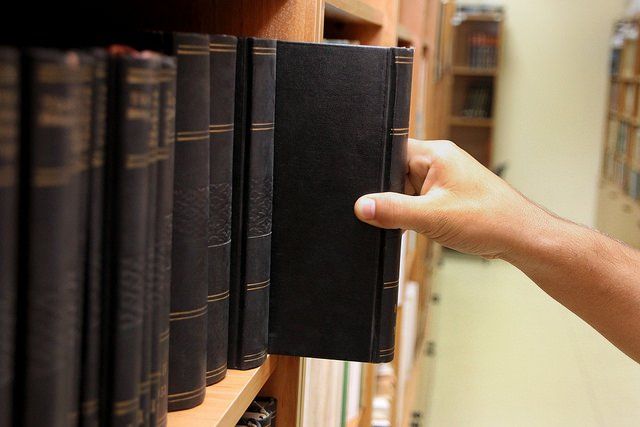PRIVATE STUDENT LOAN MAY BE DISCHARGED IN BANKRUPTCY
STUDENT LOANS FROM A NON-ACCREDITED SCHOOL MAY BE DISCHARGED IN BANKRUPTCY
Recently, a higher court held that a private student loan from a non-accredited school was discharged in bankruptcy. There are several types of education loans that may be non-dischargeable in bankruptcy. The case was in re Crocker, in the United States Fifth Circuit Court of Appeals.
One type of loan that may be excepted from bankruptcy discharge are qualified education loans.
The first debtor obtained a private loan for tuition and expenses to attend a technical school. The school was not eligible under Title IV of the Higher Education Act. One of the exceptions to discharge in bankruptcy is an educational loan that is a “qualified education loan.” The Court noted that for that exception from discharge to apply the loan must be from an accredited institution eligible to participate under Title IV of the Higher Education Act. Therefore, the debtor’s loan was not a qualified education loan.
Another type of loan that may be excepted from discharge in bankruptcy are an obligation to repay funds for, “an educational benefit, scholarship, or stipend.”
For this type of loan to apply, the Court required a conditional type of school payment, not an unconditional requirement to repay, as in a loan. Hence, the Court held that the debtor’s loan did not qualify under this exception.
A third type of loan that may be excepted from discharge in bankruptcy are student loans or overpayment in which a governmental unit or nonprofit institution is involved in the loan.
These are the more common types of student loans. This did not apply to the debtor’s private loan at a technical school. Therefore, the Court held the private loan was discharged in bankruptcy. Crocker v Navient Solutions (In re Crocker), Case No. 18-20254 (5th Cir. October 21, 2019).
Have your financial situation considered by an experienced bankruptcy attorney and former Trustee for the U.S. Bankruptcy Court. Call or contact LONG & LONG P.C. now at 303-832-2655, or www.denverbankruptcylawyer.net.
The post PRIVATE STUDENT LOAN MAY BE DISCHARGED IN BANKRUPTCY appeared first on Long & Long P.C..





